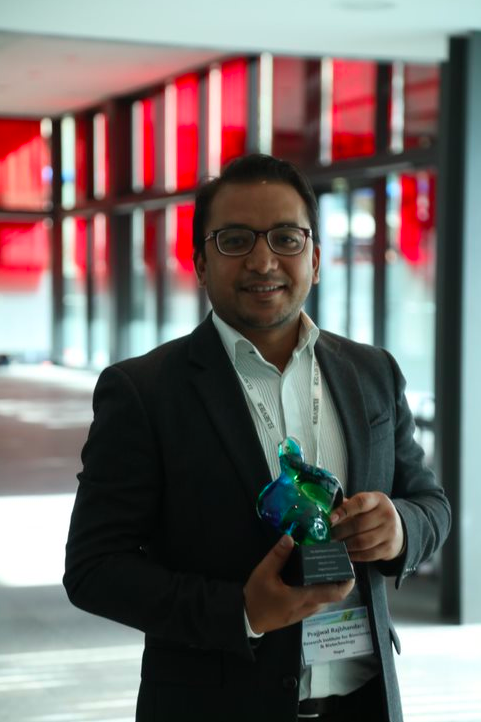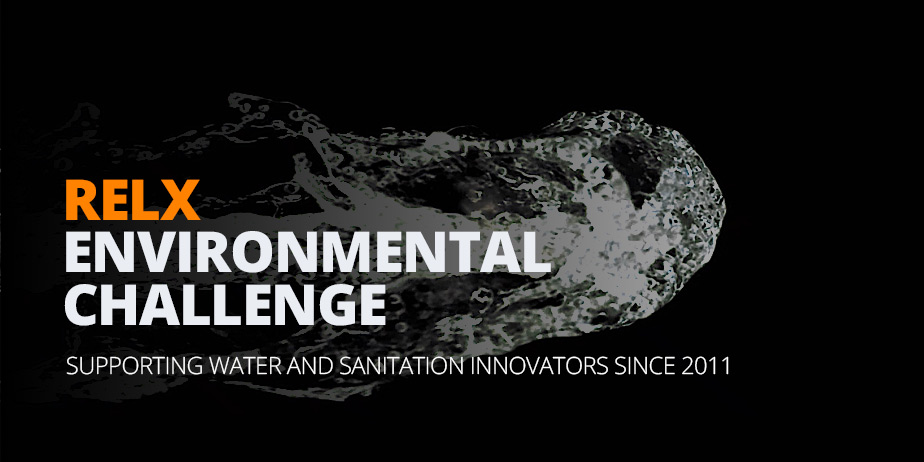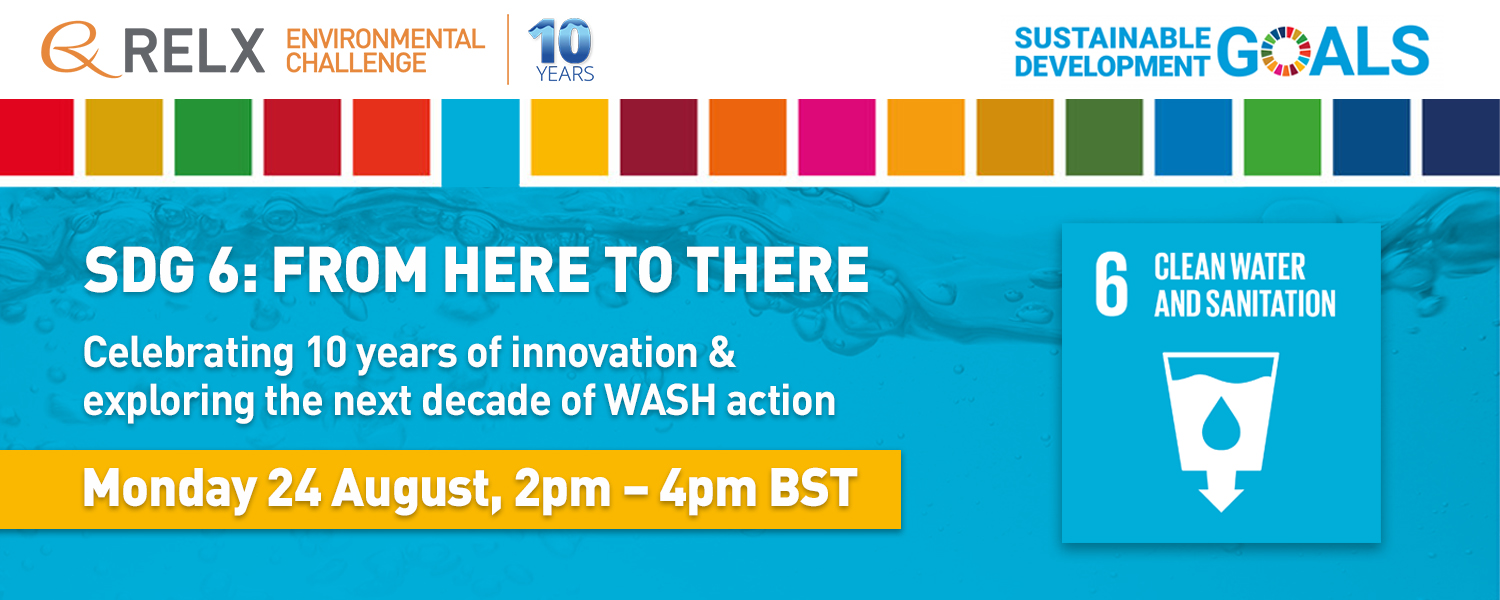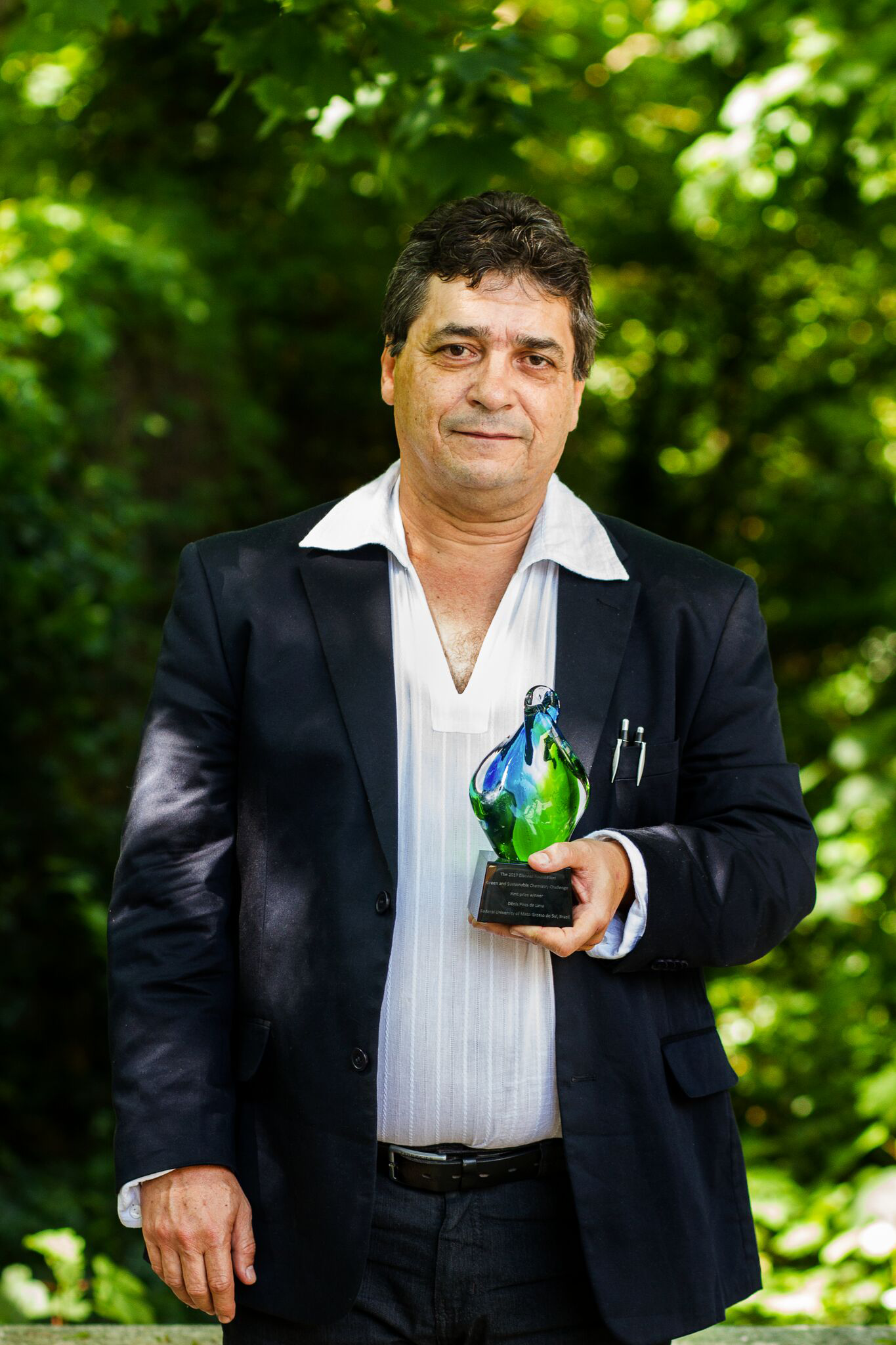The management of chemicals and waste is a crucial aspect of achieving the Sustainable Development Goals (SDGs), a collection of 17 interlinked global goals designed to be a "blueprint to achieve a better and more sustainable future for all" by 2030. These goals were set up in 2015 by the United Nations General Assembly and are intended to be achieved by the year 2030. They address global challenges, including those related to poverty, inequality, climate change, environmental degradation, peace, and justice.
SDG 12, which focuses on Responsible Consumption and Production, is directly related to the management of chemicals and waste. This goal aims to ensure sustainable consumption and production patterns, which includes the environmentally sound management of chemicals and waste. The mismanagement of these elements can have severe environmental and health impacts, thus undermining the objectives of SDG 12.
One of the critical links between chemical and waste management and the SDGs is to human health, as outlined in SDG 3, which aims to ensure healthy lives and promote well-being for all at all ages. Improper handling and disposal of chemicals and waste can lead to pollution and contamination, which can have direct adverse effects on human health. This includes increased risks of diseases, long-term health conditions, and impacts on the well-being of communities, especially those living in close proximity to waste disposal sites or industrial areas.
The impact of waste management also extends to climate change, addressed in SDG 13. Excessive waste generation, particularly organic waste in landfills, contributes to the production of greenhouse gases like methane, a potent contributor to global warming. Additionally, the production and disposal of plastics, electronic waste, and other non-biodegradable materials contribute significantly to carbon emissions. Effective management and reduction of waste are essential to mitigate climate change impacts.
The preservation of life below water (SDG 14) and life on land (SDG 15) is also heavily influenced by how chemicals and waste are managed. Pollution from chemicals and waste can severely impact aquatic ecosystems, harming marine life and biodiversity. Similarly, terrestrial ecosystems and wildlife are at risk from land pollution and habitat destruction caused by improper waste disposal and chemical spills.
Furthermore, SDG 8, which focuses on promoting sustained, inclusive, and sustainable economic growth, full and productive employment, and decent work for all, is impacted by the management of chemicals and waste. Workers in industries dealing with chemicals and waste are often exposed to hazardous conditions. Ensuring their safety and health is a key aspect of achieving this goal. Moreover, sustainable waste management can create new job opportunities and contribute to economic growth through recycling and waste-to-energy sectors.
The effective and environmentally sound management of chemicals and waste is not only essential for achieving SDG 12 but also intersects with several other SDGs. It is a fundamental component of sustainable development, impacting human health, climate change, biodiversity, and economic growth. Addressing these challenges requires a holistic approach, encompassing strict regulatory frameworks, technological innovation, public awareness, and international cooperation to ensure a sustainable future.
Drilling Engineering: Towards Achieving Total Sustainability, Sustainable Oil and Gas Development Series, 2021, Pages 619-673
To mark the tenth anniversary of the RELX Environmental Challenge and the announcement of this year’s winners, we invite you to join us for SDG 6: From here to there - celebrating 10 years of innovation and exploring the next decade of WASH action, to take a look back over the past 10 years and to consider the decade of action ahead - what will it really take to achieve SDG6: clean water and sanitation for all?




